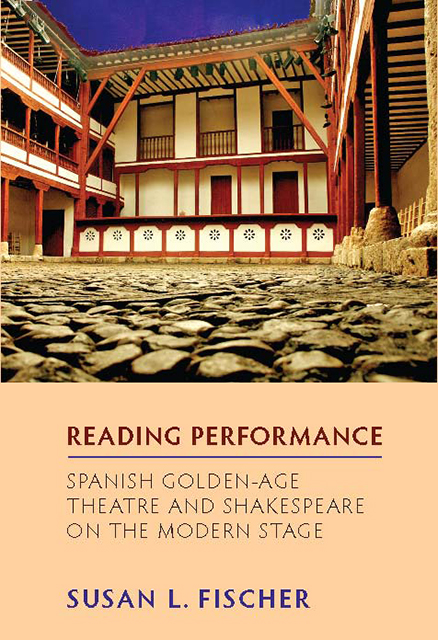3 - Rojas and the interrogation of textual author(ity) La Celestina (The Spanish Bawd)
Published online by Cambridge University Press: 28 February 2023
Summary
“Los estudiosos quieren ver lo que leen, los hombres de teatro mostrar lo que sienten” (Quirante 20). Thus spake Adolfo Marsillach in respect of his 1988 production of La Celestina with the Compañía Nacional de Teatro Clásico. Gonzalo Torrente Ballester's version of the Celestina constituted yet one more adaptation of the work in the twentieth century; or, as Joseph Snow aptly put it in the Almagro jornadas entitled “La Celestina: texto y representación dramática,” one more “hija” or “hijastra” of the “original” (Quirante 20). It comes as no surprise that the Celestina, not unlike Shakespeare, is today a cultural object continually subjected to a process of “appropriation”: “the interested, self-aggrandizing, social possession of systems of discourse,” as glossed by Frank Lentricchia in After the New Criticism (138) visâa-vis Roland Barthes’ mediation on Michel Foucault's Histoire de la Folie (Barthes, Critical 164). Appropriation thus conceived, as Brian Vickers polemically (over)states in Appropriating Authority: Contemporary Critical Quarrels, is a means whereby various theoretical interpretations – deconstructionist, feminist, new historicist, cultural materialist, psychoanalytic, Marxist, and Christian – in attempting to use Shakespeare for their own purposes, inevitably distort the texts by omission and misrepresentation. More pertinent, however, is W. B. Worthen's unauthoritarian approach to appropriation espoused comprehensively in Shakespeare and the Authority of Performance, which draws on contemporary editorial theory to explore how both text and performance are construed as vessels of authority, and how fidelity to the hegemonic functioning of the “author” on the part of directors, actors, and performance-oriented critics both stabilizes and limits the potentiality of the mise-en-scène. The central question, as posed by Worthen, thus becomes: “How does the Author, whose texts are consumed, transgressed, rewritten by performance, figure in the ways we account for the work of the stage?” (Authority 2).
This exploratory approach renders the task at hand – the production of a stage reading of Marsillach's Celestina – less, and not more, problematic in the light of critical dissension around timeworn notions of textual authority such as authorship, early printings, and genre, not to mention those postmodern unmentionables of characterization, imagery, and structure. At the risk of redundancy, let us recall a few details concerning the written text(s) (Severin, Introduction).
- Type
- Chapter
- Information
- Publisher: Boydell & BrewerPrint publication year: 2009



